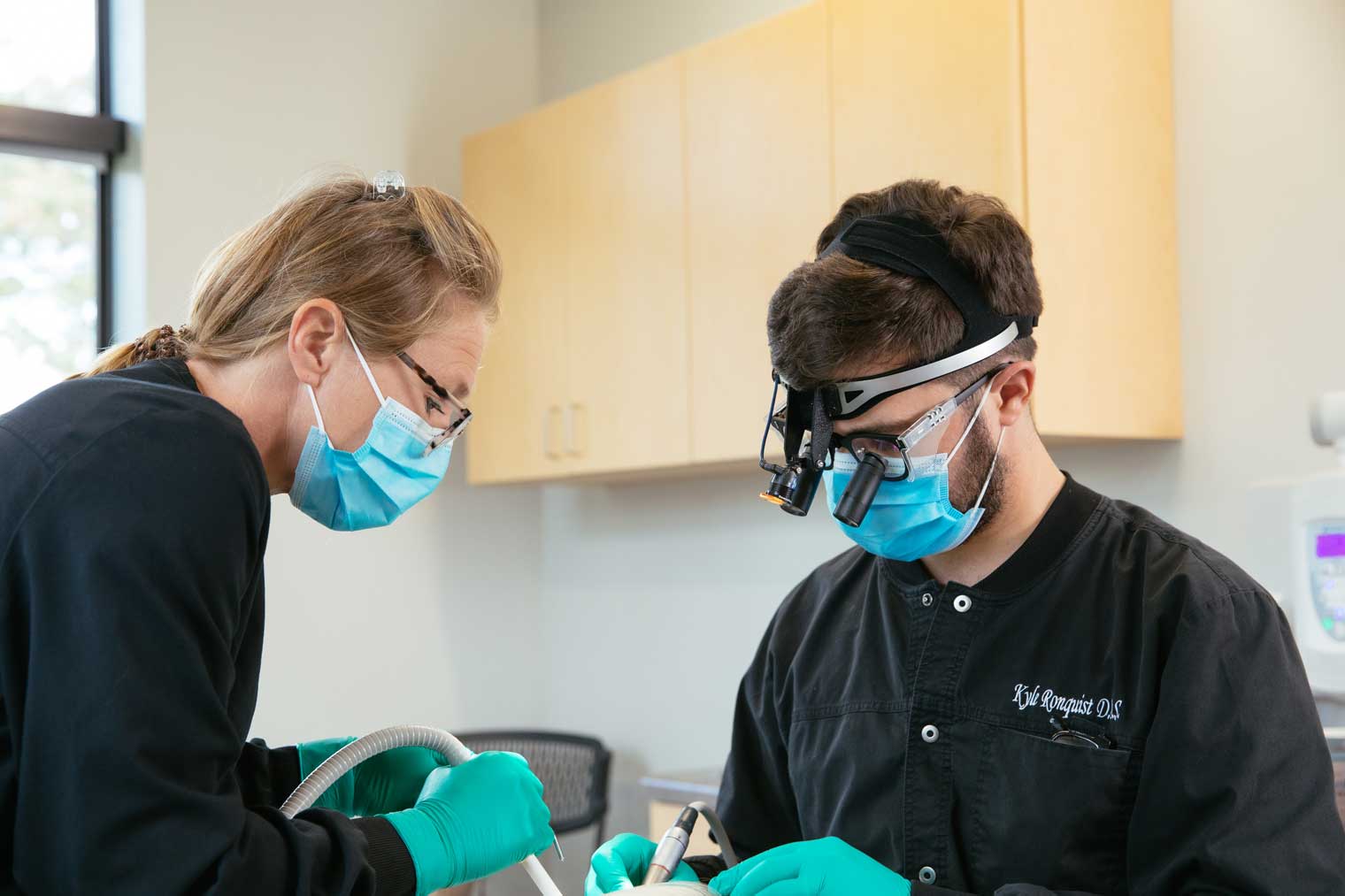
Veterinary scholarships are available to help students pursue a degree in veterinary medicine. Students must be enrolled in an accredited veterinary school and demonstrate financial need. International students are eligible for many scholarships. These grants provide funds for tuition, travel, and other related expenses. These scholarships are often very beneficial for students and can help to get them started in their veterinary medicine career.
The Rhode Island Veterinary Medical Association Veterinary Student Scholarship gives financial support to veterinary school students who are currently enrolled at an AVMA accredited school in America. The scholarship is available for juniors and seniors. It also supports those who are just starting their first year in veterinary school. The selection committee assesses applicants based on their academic achievements as well as other factors like extracurricular activities or volunteer work. The scholarship is worth $2,500 towards tuition at a vet school.
Students interested in studying animal science or equine can apply for scholarships through the American Quarter Horse Foundation. These grants are available in a range of $10,000 to $30,000. The grants range from $10,000 to $30,000. Applicants must be enrolled in an American institution that is accredited. They must also have a minimum of 2.5 GPA. The American Quarter Horse Foundation considers both financial need and leadership abilities.

Rhode Island Veterinary Medical Association has a scholarship available for high school students who are enrolled at an AVMA accredited veterinary program. Candidates must be enrolled in their junior- or senior year of vet school. This scholarship is non-renewable. Students must apply for the scholarship every year and be granted.
The Rhode Island Veterinary Medical Association provides a Veterinary Student Scholarship Award of $2,500 to a junior and senior veterinarian student. This scholarship provides financial assistance to veterinary students to help them continue their education. The Rhode Island Veterinary Medical Association, a non-profit organisation dedicated to advancing veterinary medical care, is a not-for-profit.
The American Quarter Horse Foundation, a non-profit foundation that funds educational scholarships for students in equine and animal science, is a non profit organization. The foundation offers scholarships for veterinarian students and those interested in animal behavior or grooming. Students are required to submit a cover letter and an official transcript from an accredited veterinary school. Applicants are also required to provide two professional references. Applicants must be legal residents of the U.S. and must have a grade point average of 3.0 or higher.
The Opportunity Scholarship Program offers mentoring opportunities to students and scholarship opportunities. The OS founders Award is awarded to alumni who have previously enrolled in veterinary school and mentored other students. The scholarship will cover $1,000 of your study costs. Students who apply for Opportunity Scholarship Program can also apply for Charles W. Raker V’42 Award. This award is given to students who show a commitment to Dr. Raker’s four C’s (compassion. courage. consideration. and character).

New Jersey Foundation Scholarships provide scholarships to New Jersey residents. Students must have completed atleast one year in veterinary school and have a household income of less $75,000. The scholarship is paid in two installments to the veterinary school. Candidates must also submit a cover note, an official transcript, as well as two letters of recommendations.
FAQ
How do I find out if my dog has fleas
You may notice your pet scratching or licking excessively at its fur.
If you see any signs of redness on your pet's skin, this could also indicate an infestation by fleas.
Your pet should be seen by a vet immediately for treatment.
Should I spay/neuter/neuter my dog or not?
Yes! Yes!
Not only does it reduce the number of unwanted puppies in the world, but it also reduces the risk of certain diseases.
For instance, there is a higher chance of breast cancer in female dogs than in male dogs.
Testicular cancer is more common in males than it is in females.
It is also a good idea to spay or neuter your pet so she doesn't have babies.
How much money should I spend on a pet?
It is a good rule to budget between $200 and $300 per month.
However, it varies based on where you live. You'd spend approximately $350 per calendar month in New York City.
Rural areas may require you to spend only $100 per month.
You should remember to buy high-quality items like collars, leashes, toys, and the like.
Also, consider purchasing a pet crate. This will ensure your pet is safe while being transported.
Statistics
- Pet insurance helps pay for your pet's medical care, with many policies covering up to 90 percent of your vet bills. (money.com)
- Reimbursement rates vary by insurer, but common rates range from 60% to 100% of your veterinary bill. (usnews.com)
- Monthly costs are for a one-year-old female mixed-breed dog and an under one-year-old male domestic shorthair cat, respectively, in excellent health residing in Texas, with a $500 annual deductible, $5,000 annual benefit limit, and 90% reimbursement rate. (usnews.com)
- Here's a sobering reality: when you add up vaccinations, health exams, heartworm medications, litter, collars and leashes, food, and grooming, you can expect a bill of at least $1,000 a year, according to SSPCA. (bustle.com)
- * Monthly costs are for a 1-year-old female mixed-breed dog and a male domestic shorthair cat less than a year old, respectively, in excellent health residing in Texas, with a $500 annual deductible, $5,000 annual benefit limit, and 90% reimbursement rate. (usnews.com)
External Links
How To
How to train your cat.
You need to first learn about the type of cat you want to train. Cats are intelligent and have complex brains. Cats are intelligent and highly emotional. It is important to understand your cat's personality in order to ensure that he/she behaves well. You have to learn how to take care of your cat.
It is important that cats remain independent. They don't like being told "no." You may be angry if they tell you "no". You should not hit your cat if he/she does wrong. Your cat needs love and affection, but it does not mean you can treat him/her like a human being.
If your cat is having trouble, you can try to help them. Talk to your cat calmly and gently. Avoid yelling at him/her. Don't make your cat feel bad by yelling at him/her. Also, your cat can't be forced to eat. He/She loves food, but sometimes he/she just refuses to eat. If this happens, it is time to give treats. Don't give them too many treats, as this could cause overeating.
It is important to keep your cat clean. Wash him/her thoroughly every day. Use a wet towel to clean off dust and dirt. Fleas should be removed from your cat's skin. Flea bites may cause skin irritation or allergies. Flea bites can be painful and should be treated with a shampoo.
Cats are social animals. They love spending time with people. You should spend quality time together with your cat. Play with him/her. Feed him/her. Cuddle him/her. These activities will make your cat happy.
You should begin training your cat as soon as possible. Your kitten should be trained by you as soon as he/she turns two weeks old. Your kitten should be around three months old to start training him/her. By this age your cat is fully grown and ready for new adventures.
You should explain everything step by step when you teach your cat tricks. If you want to teach your cat to sit down, then show it/him the chair. Then you will reward your cat with a treat and say "sit". Continue this process until your cat understands.
Keep in mind that cats are intelligent animals. Cats can quickly figure out how they should perform tasks. They still need patience and persistence. Your cat won't be able to do a task instantly. Give your cat lots of time to practice before giving in.
Remember that cats can be wild animals. They are naturally curious and playful. If your cat runs free, it's possible for him/her to accidentally knock objects over. To prevent accidents, place your cat in a secure area that won't cause injury to him/herself.